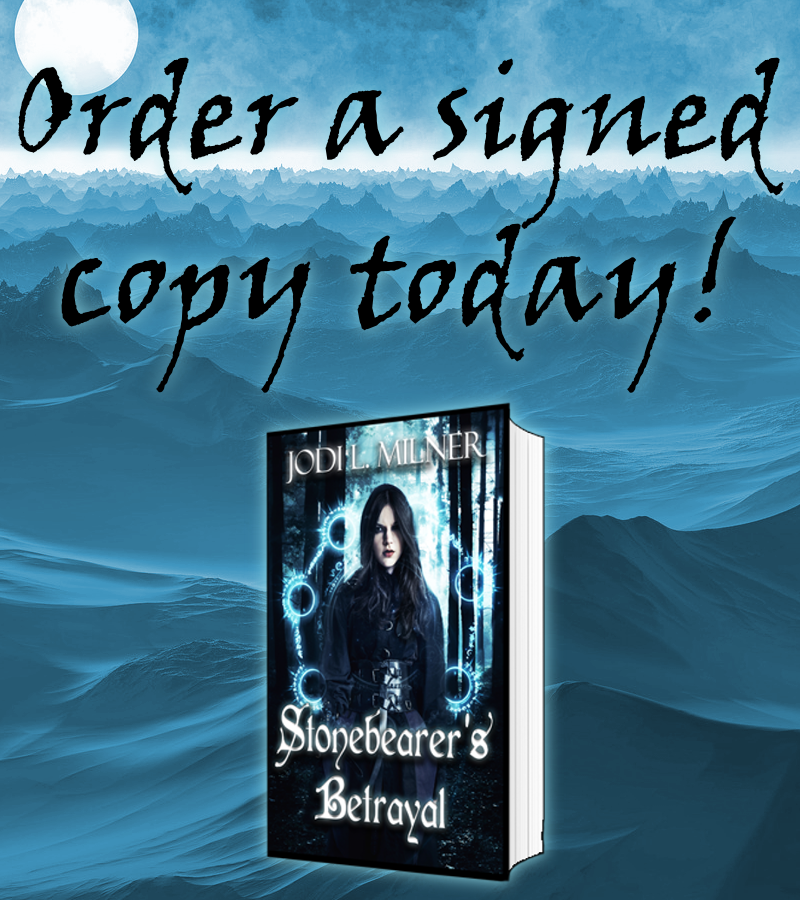Yesterday morning I woke up tired, I’m not really a morning person to begin with but this was above and beyond your usual closet-variety tired. This was the coming down with a cold, three nights of insomnia, sleep interrupted by kids kinda tired. This was the kinda tired that coffee mugs make fun of. Needless to say I was withdrawn, didn’t want to talk, and was bothered by bright lights and loud noises.
Enter my children getting ready for school. They are still at an age where they can’t really do the getting ready for school thing on their own, so every step still needs to be coached, breakfast needs to be made, and fights broken up. This tends to be loud even on the calmest mornings. Yesterday morning it was the equivalent of a brass band marching through the house.
Normally I have the reserves to deal with this kind of noise and still be a functional human being and sometimes even pleasant about it, but yesterday, when all I wanted to do was curl up in a dark quiet place and wait for the world to disappear, it was misery.
Feeling one emotional or physical state, like being extremely tired, and being faced with the opposite, let’s say rowdy and loud, causes a universal reflex of discomfort. Everyone has felt it, including your characters. This knowledge can be used to increase tension in a scene without making dramatic changes to the story line. And we all know that tension is the key to creating edge of your seat, compelling writing.
Let’s see some examples:
- Jenny’s favorite uncle died in a tragic car crash and she is reeling in shock, she feels numb, she can’t think clearly, and she needs time to process what has happened. Her dear friend is trying help her cheer up by talking to her in a very upbeat almost sing-song voice. Not only is this not helping Jenny, it is making her feel worse. How dare her friend be so chirpy and happy at a time like this? Doesn’t she understand? Even though it’s coming from a friend she trusts she still can’t help but feel angry and alone.
- Mark has dreams of becoming a astronaut and has done everything possible to make himself the ideal candidate for the space program. Months ago he submitted his application and that morning he found the large envelope in his mailbox. Unable to wait another second, he ripped it open right there. He had been accepted and life couldn’t be better. He ran back to his apartment to tell his buddy Dean. However, when he gets there he finds Dean still face down on the couch. His girlfriend had broken up with him the night before and he hadn’t moved since then. Instead of being happy with hearing the good news, Dean is sullen and doesn’t want to talk. Mark is so frustrated that he wants to put a fist through the wall. Why can’t his friend pull it together? He knows how important this is for Mark but he is too wrapped up in his own hurt to care.
When we feel something strongly we unconsciously want those around us to feel the same way. In therapy this is called mirroring, where one person tries to match the emotional state of the other in order to better understand. Everyone craves understanding regardless of the situation. The same is true for fictional characters, they have the same drive to be understood as well.
Next time you are writing a scene that needs more tension, try adding a reflexive emotion. It might be just the thing you needed.



